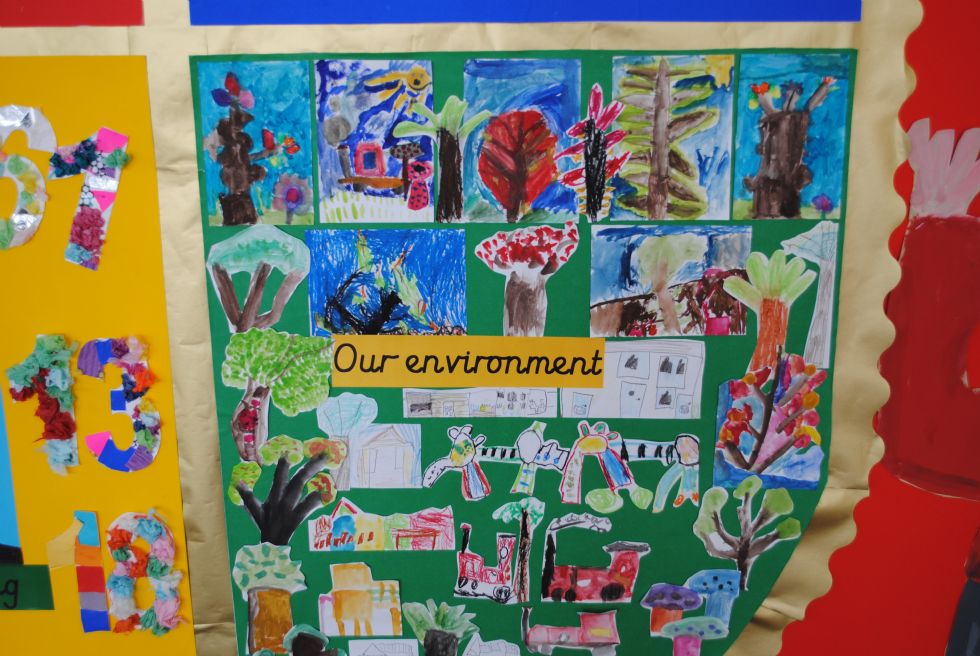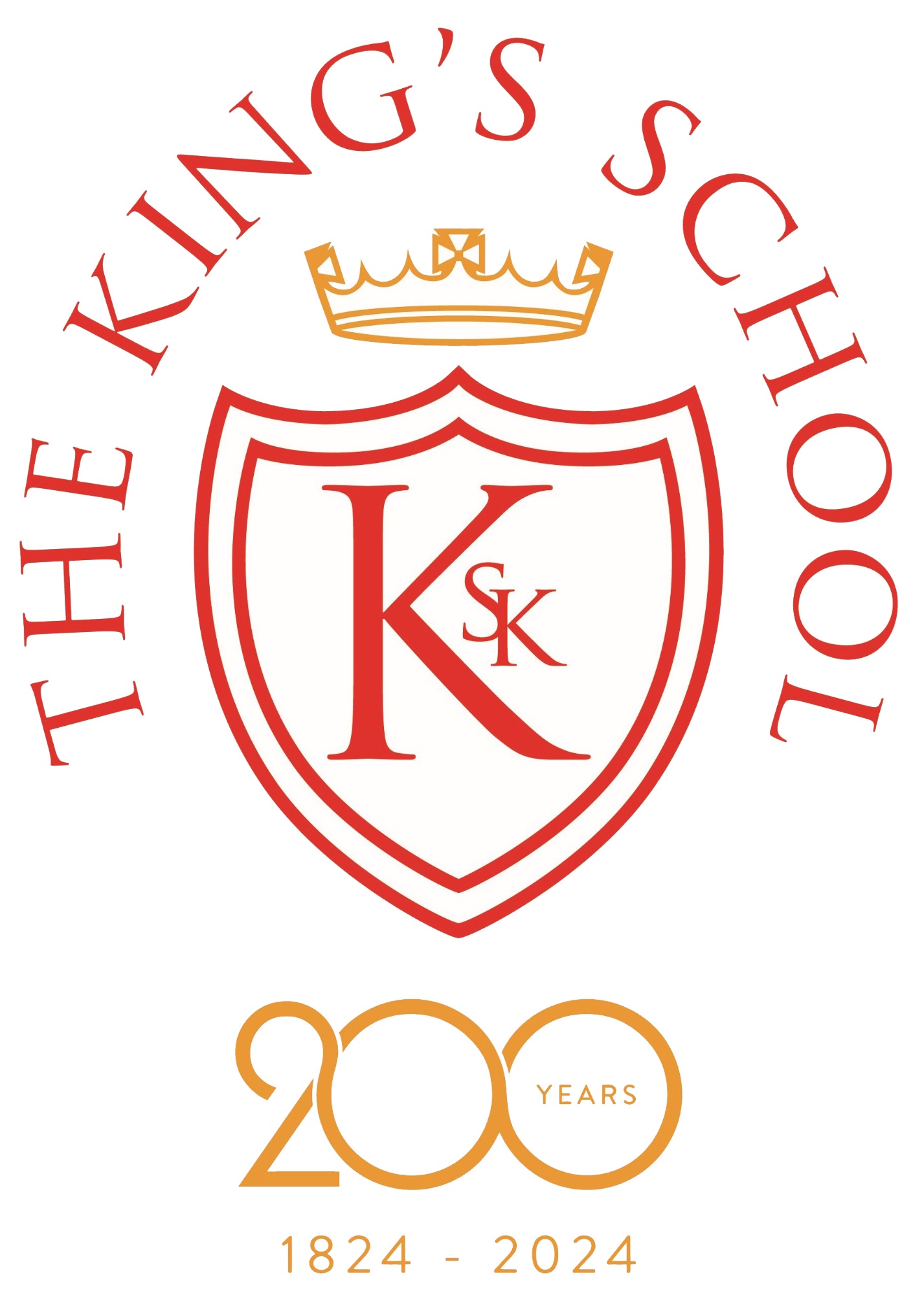Geography
"I can do all things through Christ who strengthens me" (Philippians 4:13)

Intent - How our curriculum is structured and organised
Our Geography curriculum allows children to become lifelong learners with an enthusiasm and fascination for the world that they live in. Children will gain a knowledge of a range of places, people, resources and the natural and human environment, in keeping with our school values of love, compassion and respect. They will understand how the natural and human worlds and physical and human processes interact and coexist and recognise how the Earth has changed over time and will continue to do so. By encouraging an understanding of and curiosity for the world, we will support our learner’s development as responsible and respectful global citizens. Geography is taught through the main curriculum strands of:
- Locational Knowledge
- Place Knowledge
- Human and Physical Geography
- Geographical Skills and Fieldwork
We have also identified a set of key geographical concepts – golden threads – that children will repeatedly revisit throughout their time at The King’s School. Each unit will not always include every thread but, over the year, children will visit every thread in their history learning.
Golden Threads
- Settlement
- Location
- Map work
- Weather & climate
- Economic/ trade links
Implementation - How our curriculum is taught
At King’s, geographical skills and knowledge are developed through a wide range of teaching and learning experiences both inside and outside the classroom. We use our skills and knowledge maps consistently to ensure progression across the school, and to maintain high standards of teaching and learning. Geography is taught as half-termly or termly units, alternating with History, and teachers use the skills maps to plan units that engage their classes and make cross-curricular links, especially with English, Maths, History and Science. We place high importance on the teaching and appropriate use of technical vocabulary and allow for both independent and collaborative learning. Teachers make excellent use of digital technology (such as online maps and climate tracking) to support Geography learning and engage children by learning in context. Children are encouraged to make links to their life experiences, and trips and outdoor experiences are organised to embed their learning. Throughout Geography teaching, we encourage children to make comparisons finding similarities and differences between people and places, developing their understanding of different contexts.
EYFS and Key Stage 1
Children begin to learn about the physical and human world around them locally and begin to compare and contrast different places and cultures. They start to use the correct vocabulary, make observations and record results. They use and make simple maps and develop their locational and place knowledge and understanding.
Trips, Visits and Experiences
- Local Area, including Kew Village
- Meeting people with a range of jobs
Key Stage 2
Children develop their knowledge and understanding to the wider world, through studies of a range of countries and habitats. They develop their geographical skills by using them in fieldwork, creating more detailed observations and recordings.
Trips, Visits and Experiences
- River Thames at Kew
- Fieldwork and Orienteering on Y5 School Journey
- School based orienteering (in near future)
- Grow Zone planting in school
- Kew Gardens
- Y6 School Journey
Impact- A cohesive learning journey
Learners are global world citizens who can demonstrate an understanding of and love and respect for the world around them. Children are able to retain prior-learning and explicitly make connections between their previous and current learning. They can demonstrate good locational knowledge and use a range of skills to both independently and collaboratively observe and investigate their surroundings. Children at King’s can confidently use the correct vocabulary to describe the world and can sensitively comment on the similarities and differences between human and physical aspects of both our local area and the wider world. Our children can make sense of the wider world and connect their own familiar experiences to new and abstract and take their outward-looking perspective into the world around them.
Please scroll down to the end of the page to view:
- The King’s School Geography and History Key Overview
- The King’s School Geography Skills and Progression Map
- The King's School Geography Fieldwork Progression Map
